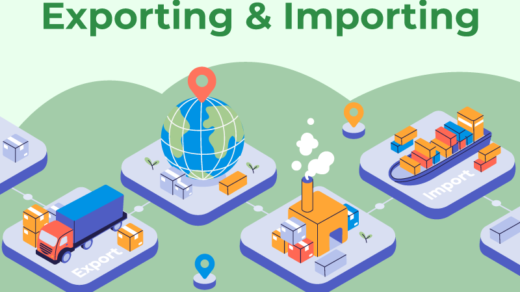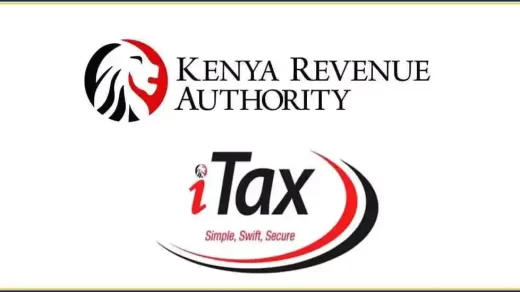Withholding tax is a crucial component of the taxation system, allowing governments to collect taxes at the source of income.
This article provides insights into withholding tax exemptions, how the regime works, and the procedures for payment, including online methods and deadlines.
Withholding Tax Exemptions
Several exemptions exist in withholding tax regulations. These exemptions aim to provide relief in specific situations, fostering business activities and international cooperation. Some notable exemptions include:
- Dividends: Dividends received by a company resident in Kenya from a local subsidiary or associated company in which it controls 12.5% or more of the voting power are exempt.
- Special Economic Zones (SEZs): Payments such as royalties, interest, management fees, and consultancy fees made by a Special Economic Zone developer, operator, or enterprise to a non-resident person are exempt in the first ten years of its establishment, effective from July 1, 2023.
- Export-Related Payments: Marketing commissions and residue audit fees paid to non-resident agents in respect of the export of flowers, fruits, and vegetables are exempt.
- Interest Payments to Financial Institutions: Interest payments made to financial institutions specified in the fourth schedule of the Income Tax Act are exempt.
- Payments to Tax-Exempt Bodies: Payments made to tax-exempt bodies are also exempt from withholding tax.
- Small Fees: Resident management, professional, training, and contractual fees with an aggregate value of Ksh 24,000 and below in a month are exempt.
- Air Travel Commissions: Air travel commissions paid by local air operators to non-resident agents are exempt.
How Does Withholding Income Tax Regime Work?
In the withholding tax regime, the person making a payment deducts the applicable tax before disbursing the amount due. This withheld tax is then remitted to the Kenya Revenue Authority (KRA). The payer is obligated to generate a withholding tax certificate on the iTax platform, which is automatically sent to the payee once the tax is remitted.
Withholding tax should be remitted to KRA by the 20th day of the month following the deduction. Importantly, withholding tax is not an additional tax; instead, it is claimable by the payee when filing their annual tax returns.
Is Withholding Tax a Final Tax?
In specific instances, withholding tax serves as a final tax. It is final when deducted in relation to payments made to a non-resident person without a permanent establishment in Kenya. For payments to resident persons, withholding tax is final when it pertains to winnings, qualifying interest, qualifying dividends, and pensions. In other cases, withholding tax is not final, and the taxpayer must declare their income and withholding tax details when filing annual tax returns.
How to Pay Withholding Tax
Any amount withheld must be remitted to KRA on or before the 20th day of the following month. Payment is facilitated online via iTax, and the payer must generate a payment slip, which can be presented at appointed KRA banks or paid via Mpesa using the Paybill number 572572. The account number is the Payment Registration number found on the payment slip.
Upon successful remittance, KRA will send a Withholding Certificate to the email registered on iTax, confirming compliance with withholding tax obligations. Understanding withholding tax exemptions and adhering to the payment procedures is crucial for businesses and individuals to ensure tax compliance and smooth financial operations.




